Tag: Religious
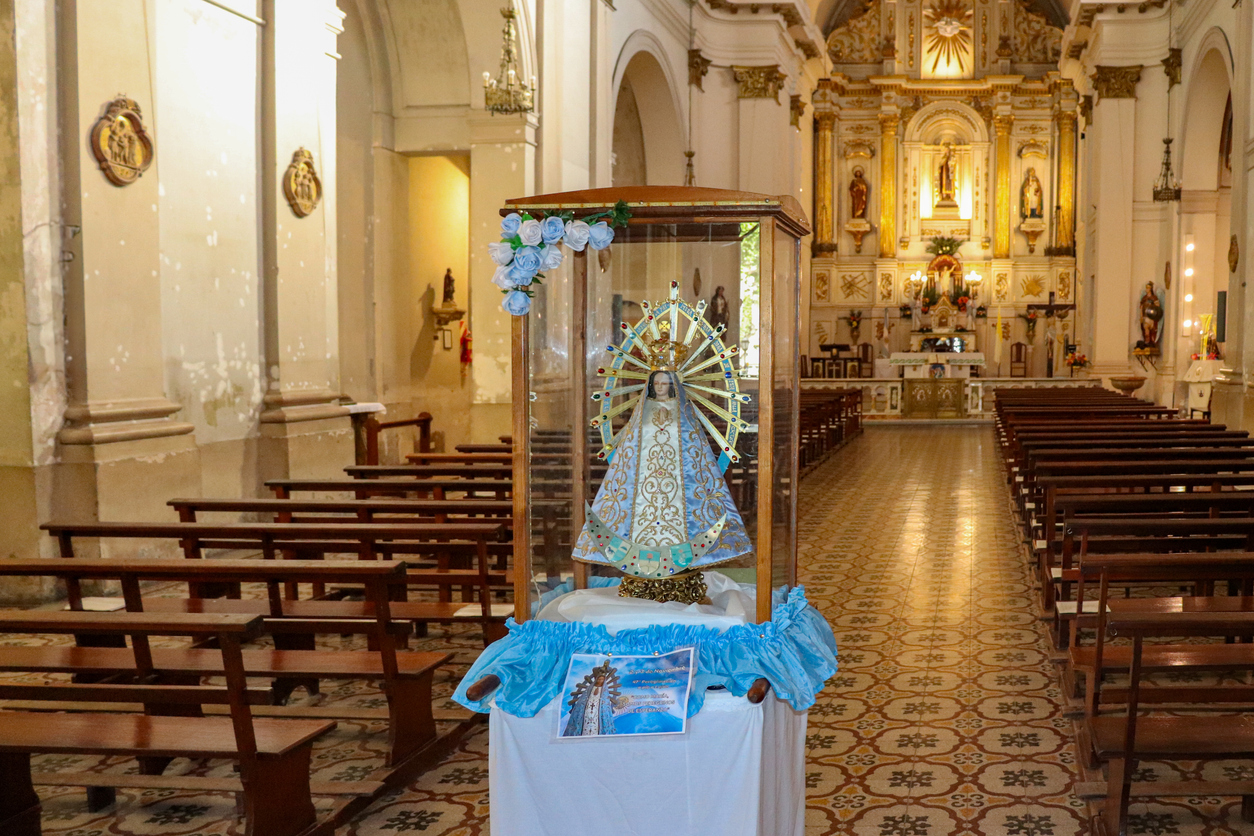
Argentine Catholic Clergy Oppose Javier Milei
Time Period: 2023-presentLocation: ArgentinaMain Actors: Catholic clergy, especially Curas Por la Opción Por Los Pobres (Priests for the Option for the Poor)Tactics - Letters of opposition or support - Prayer...
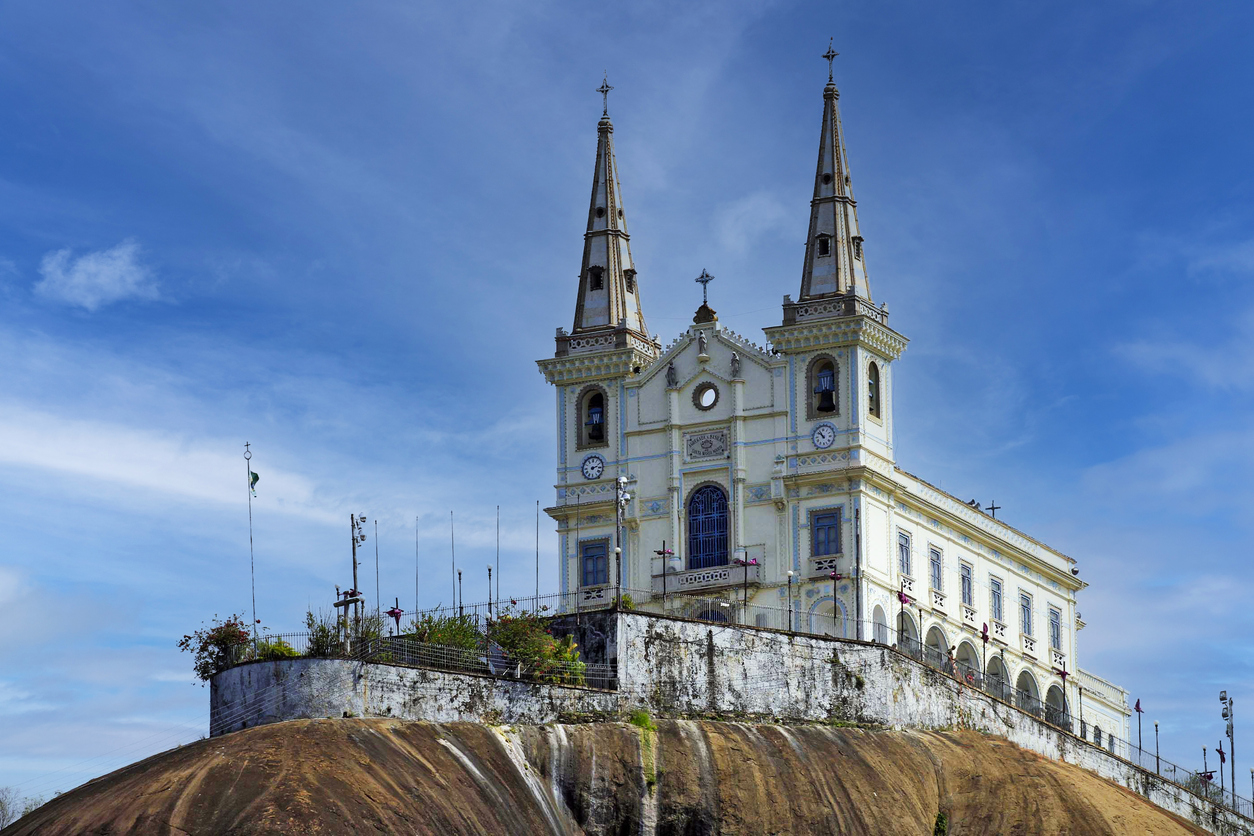
Brazilian Religious Leaders and Democratic Backsliding
Time Period: 2019-2023Location: Brazil, especially Rio de JaneiroMain Actors: Brazilian Catholic Church, Brazilian Evangelical pastors (e.g., Henrique Vieira) and civil society groups (e.g., Novas)Tactics: - Declarations by organizations and institutions...

The Quakers Advance Democracy in the US Civil Rights Movement
Time Period: 1956-1968Location: Montgomery & Birmingham, AL; Prince Edward County, VA; Washington, DC; Cape May, NJ; New Delhi, IndiaMain Actors: American Friends Service Committee, Bayard Rustin.Tactics - Publishing Dissenting Literature...
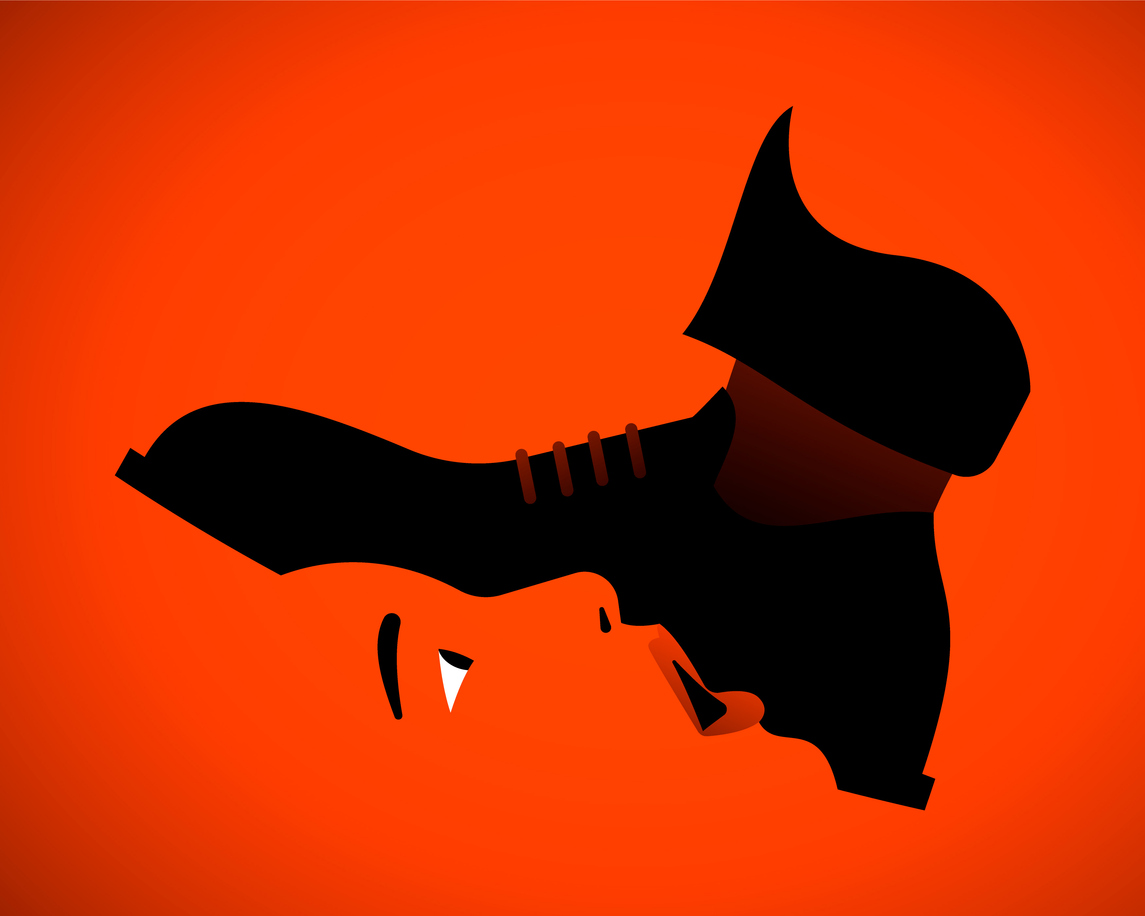
Faith and the Authoritarian Playbook
*This article was written by Chief Organizer Maria J. Stephan and was first published on Sojourners, you can access the full article without a paywall here. How Christians can defend and nurture democracy...

US Bishops and the January 6th Capitol Attack on Democracy: A Pillars of Support Caselet
Time Period: 2021Location: United StatesMain Actors: US Conference of Catholic BishopsTactics - Declarations by organizations and institutions - Letters of opposition or support - Signed public statements - Newspapers and...
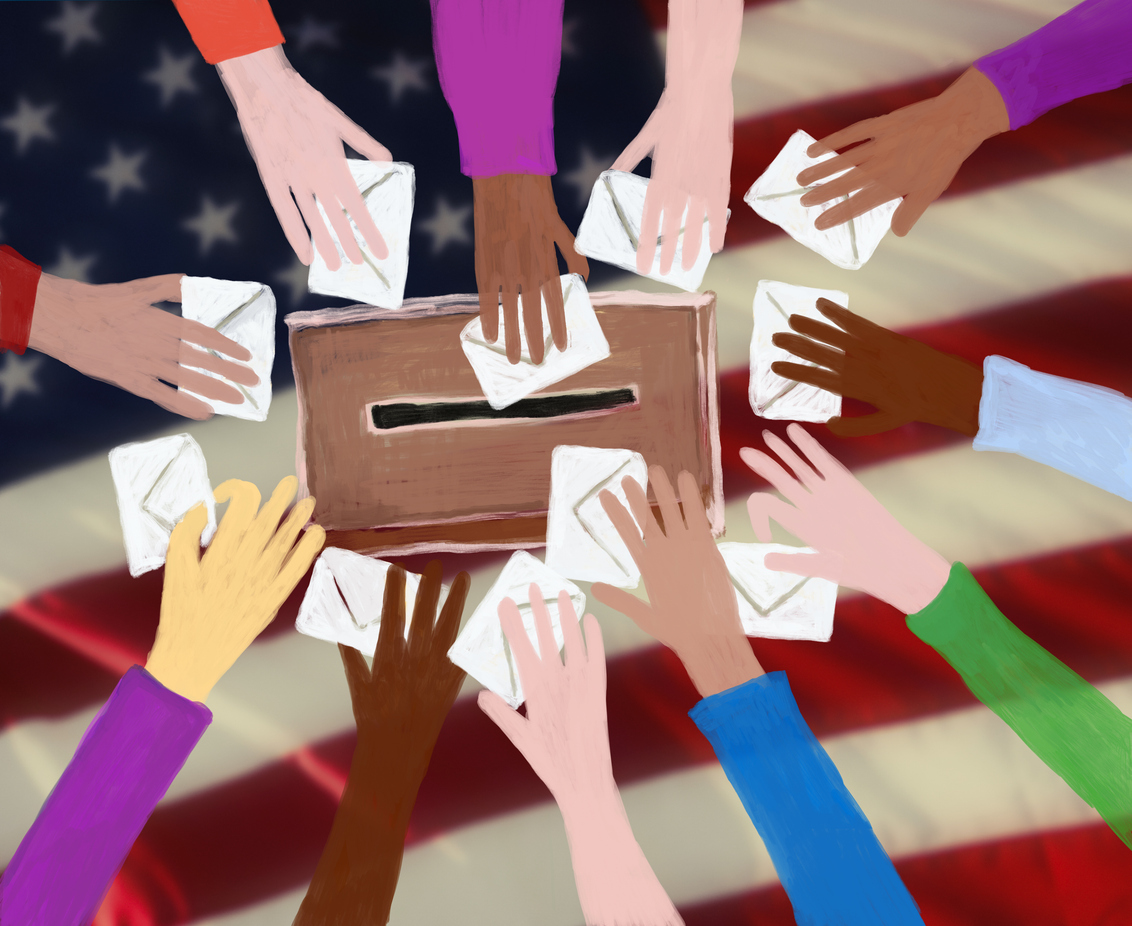
Can Multiracial Democracy Survive?
*This article was written by Chief Organizer Maria J. Stephan and was first published on Sojourners. Racial justice and pro-democracy advocates share a common agenda. DEMOCRACIES OFTEN DIE by a...
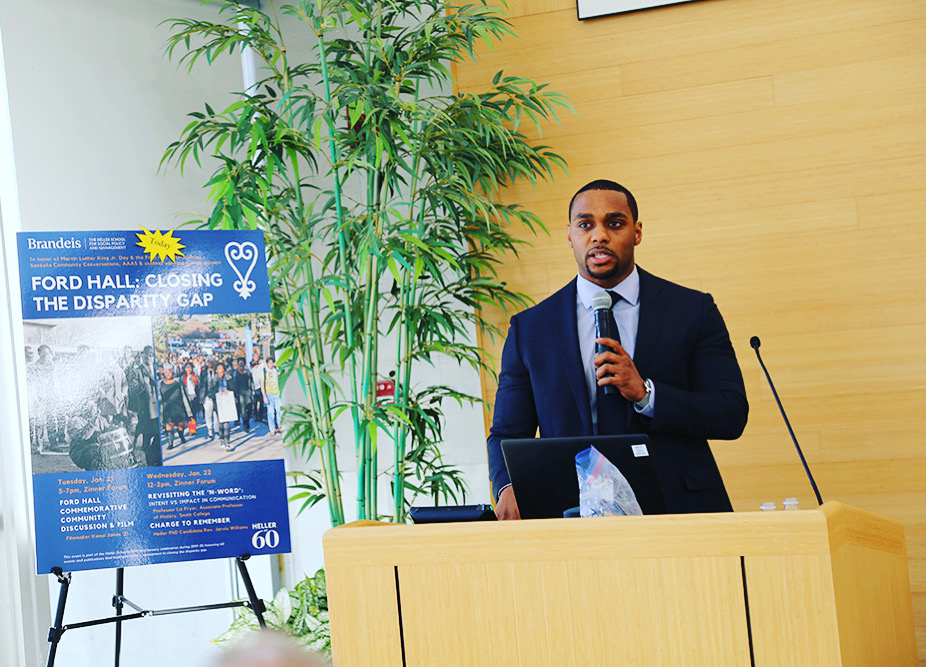
Welcome to Jarvis Williams, New Director of Applied Research at The Horizons Project!
Enjoy this short interview between our Chief Network Weaver Julia Roig and our new Director of Applied Research Jarvis Williams as he describes his excitement and motivation about joining the...
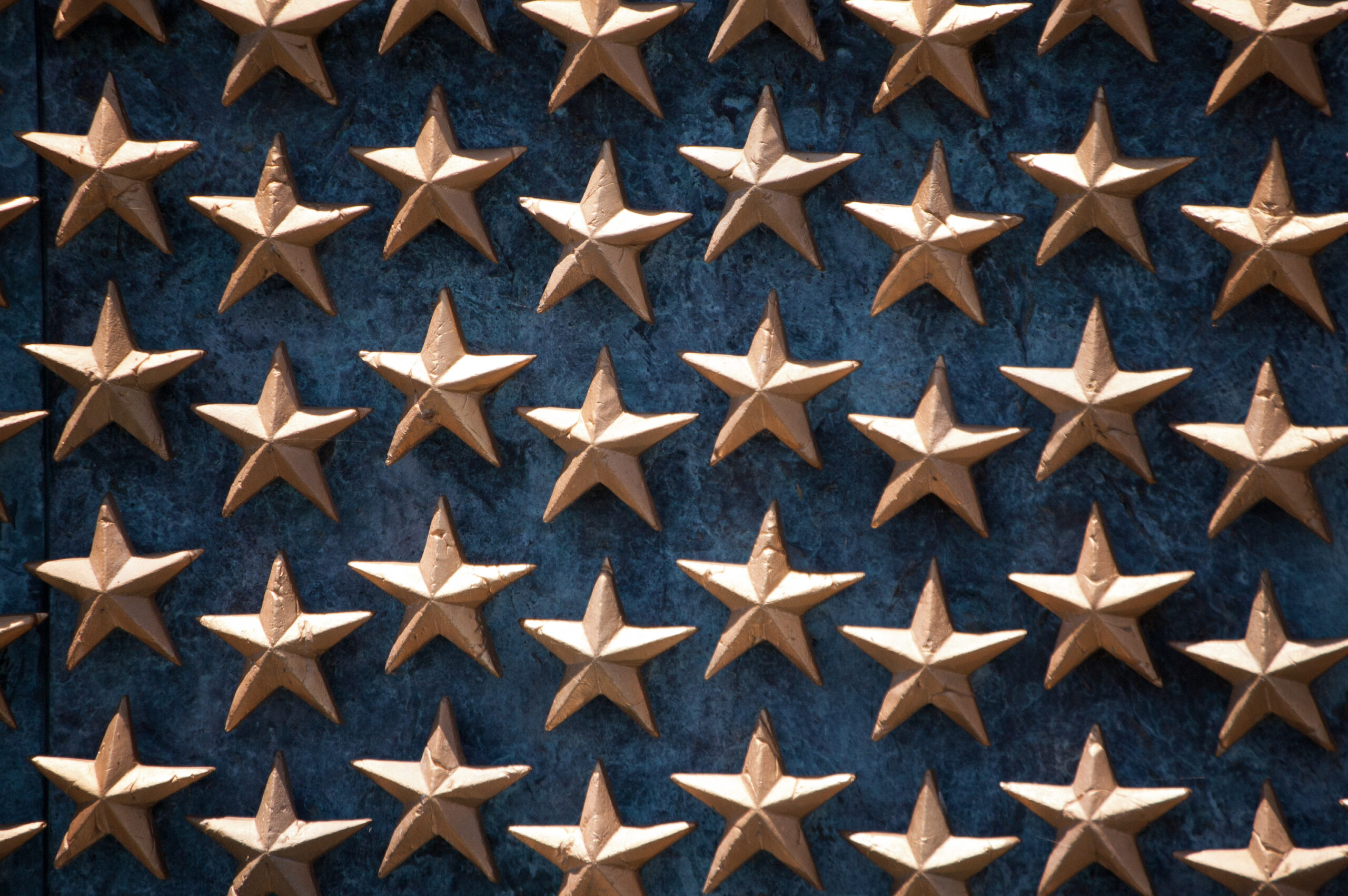
THE PILLARS PROJECT: Veterans and Military Families
*By former Director of Applied Research Jonathan Pinckney. Why should veterans and military families care about authoritarianism? American democracy is in a moment of crisis. Long-standing authoritarian trends and practices...

THE PILLARS PROJECT: The Faith Community
*This article was written by former Director of Applied Research Jonathan Pinckney. Why should faith communities care about authoritarianism? A flourishing democracy is one of the strongest protections for the...

Dr. Martin Luther King Jr.’s Multiple Lanes to Multiracial Democracy
*This article was written by Chief Organizer Maria J. Stephan and was first published on Waging Nonviolence. King understood that no single approach would be sufficient to combat the interconnected evils...
